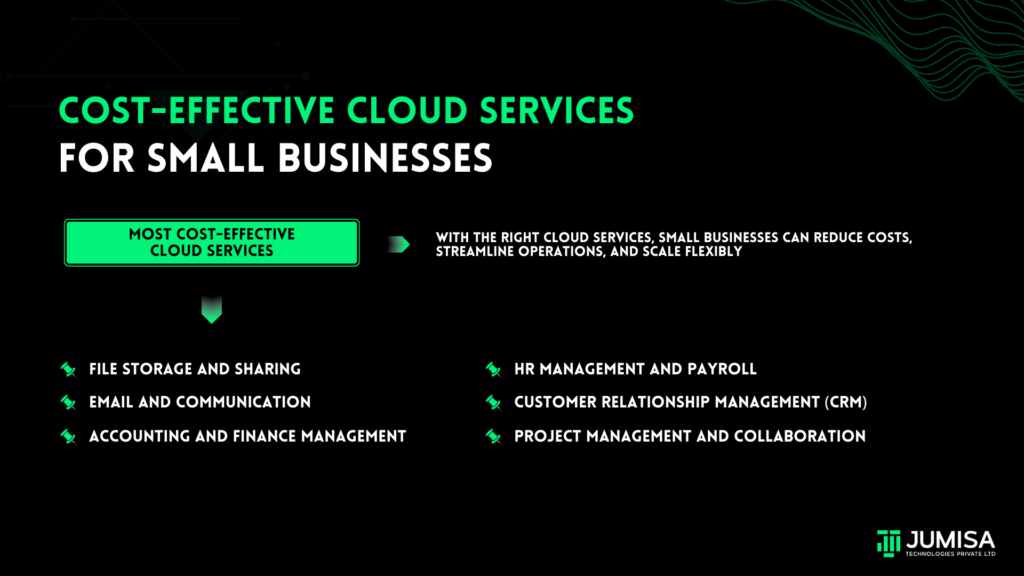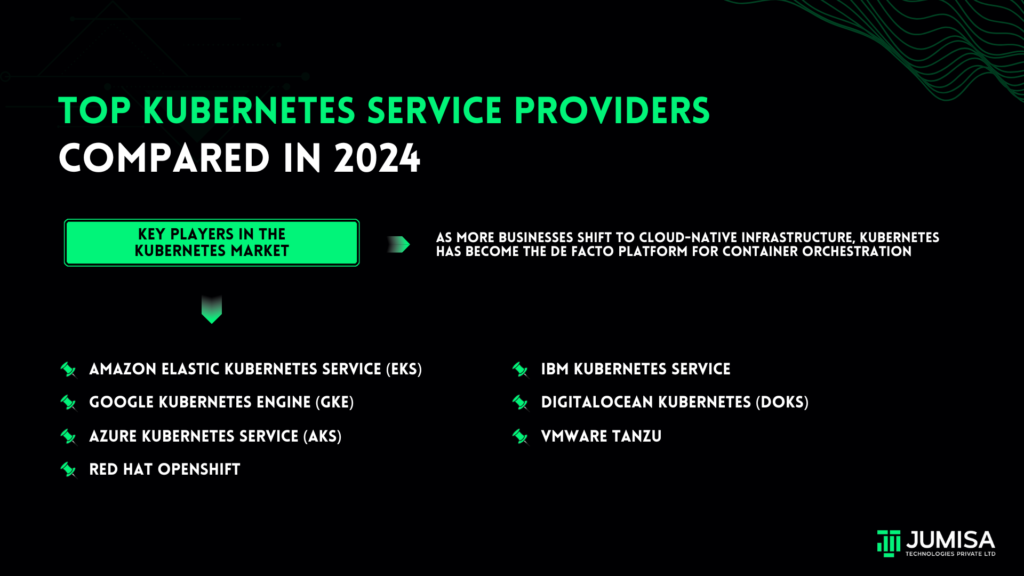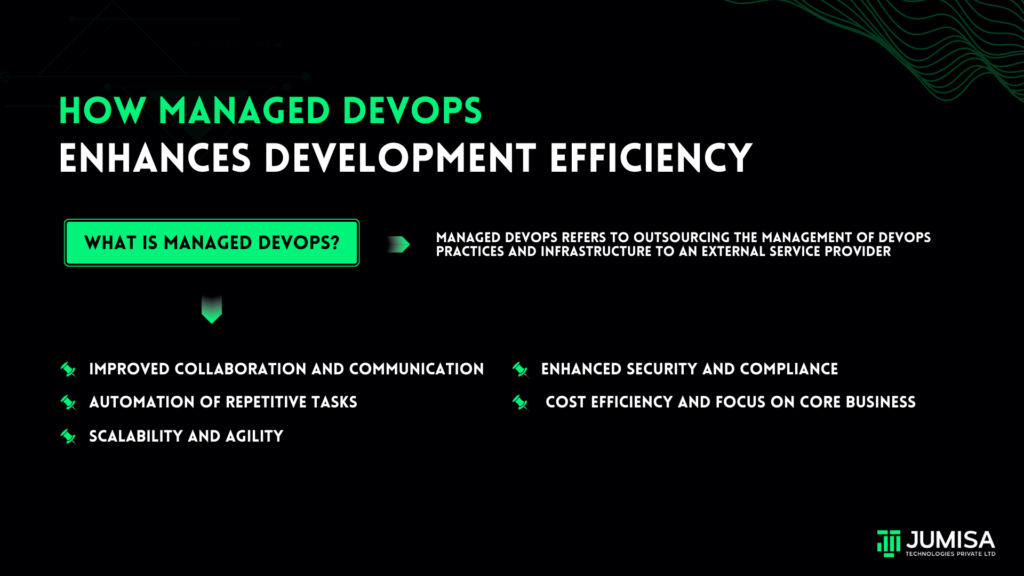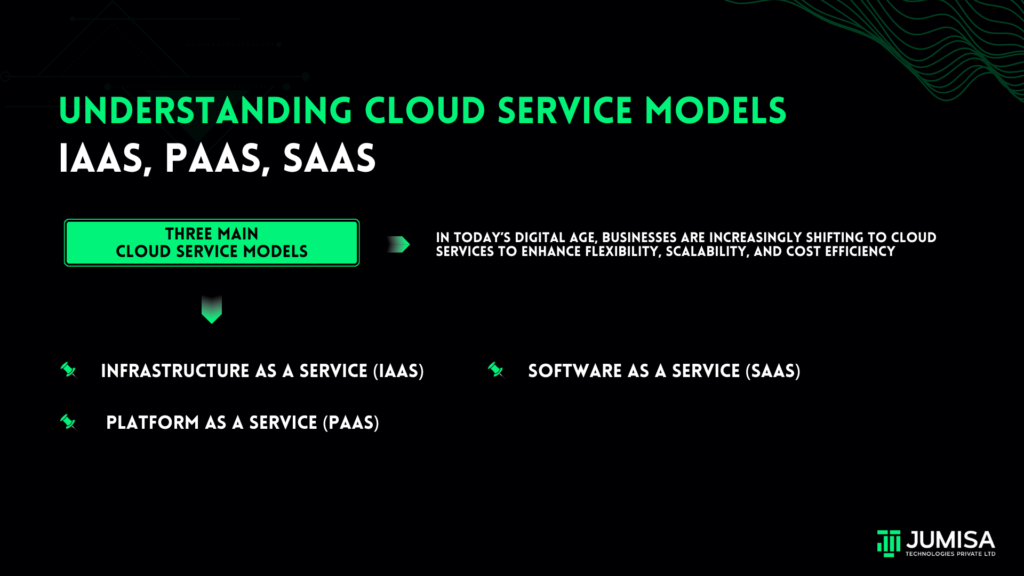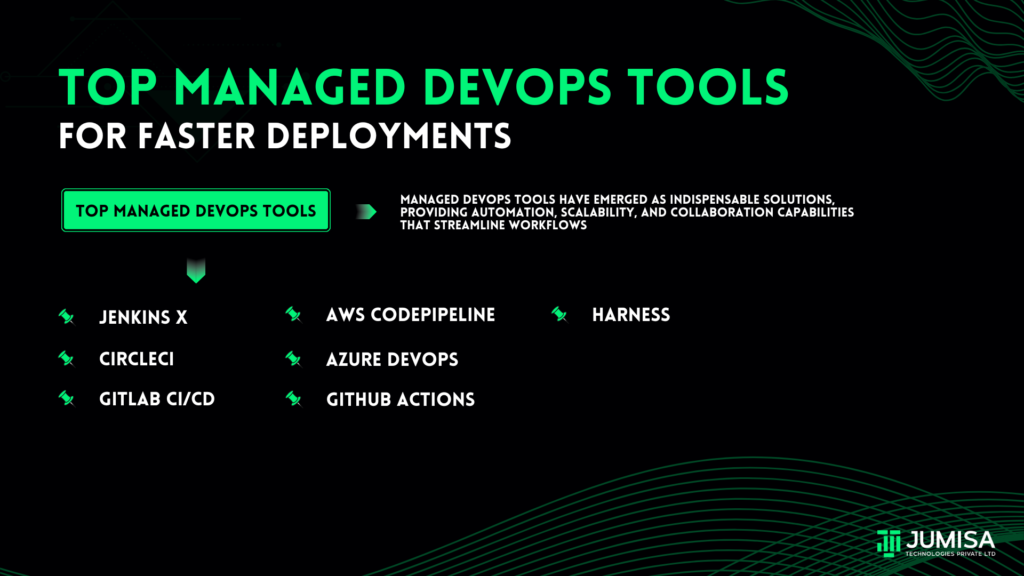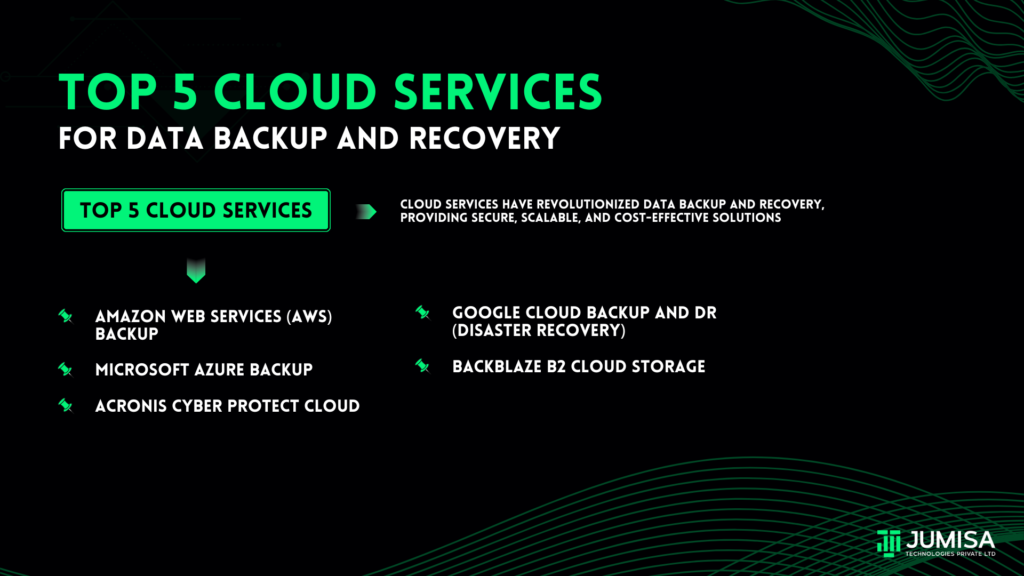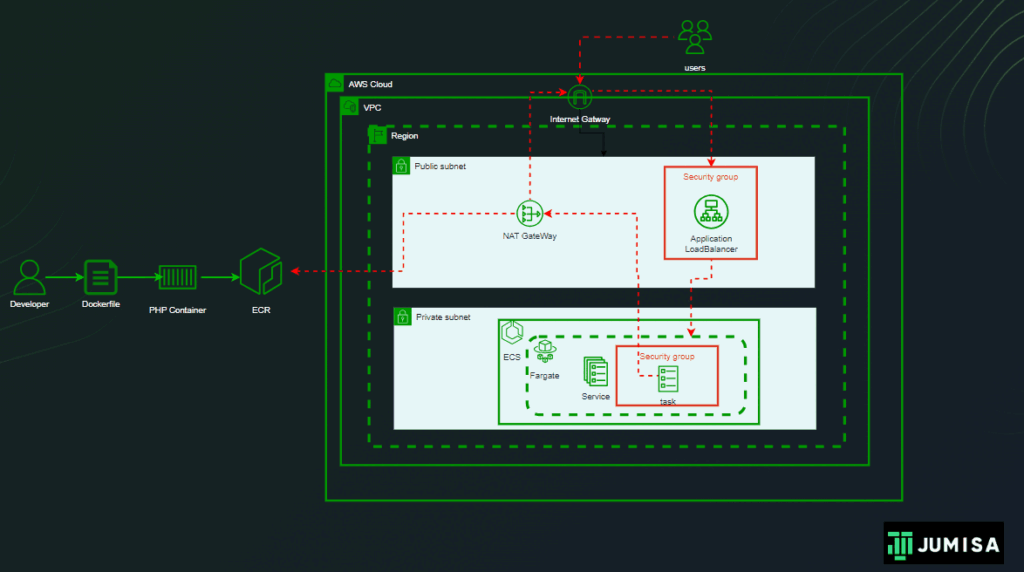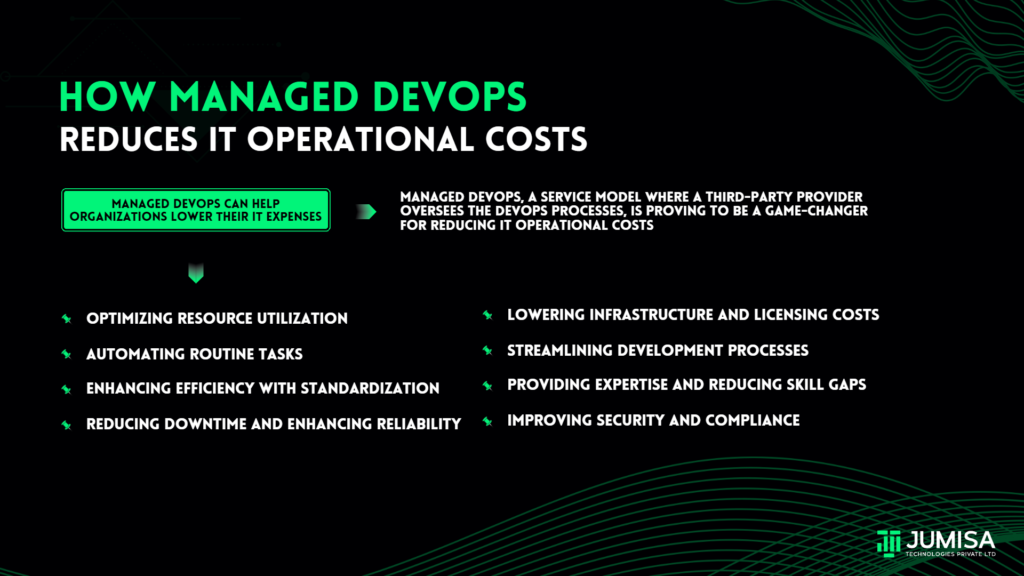
In today’s fast-paced digital environment, businesses are increasingly turning to DevOps to streamline operations and accelerate software delivery. Managed DevOps, a service model where a third-party provider oversees the DevOps processes, is proving to be a game-changer for reducing IT operational costs. This blog explores how Managed DevOps can help organizations lower their IT expenses while boosting efficiency and innovation.
1. Optimizing Resource Utilization
One of the primary ways Managed DevOps reduces IT operational costs is by optimizing resource utilization. Traditional IT environments often suffer from underutilized hardware and over-provisioned resources, leading to inefficiencies and wasted expenditures. Managed DevOps providers utilize cloud-based infrastructure, which offers scalability and elasticity. This means resources are allocated dynamically based on demand, reducing the need for expensive, redundant hardware and ensuring that you only pay for what you use.
2. Automating Routine Tasks
Managed DevOps solutions emphasize automation in various aspects of the development and deployment lifecycle. Automated processes such as continuous integration (CI), continuous delivery (CD), and infrastructure as code (IaC) can drastically cut down the time and effort required for routine tasks. This not only speeds up development but also reduces the need for manual intervention, which lowers labor costs and minimizes the risk of human error. By automating these tasks, organizations can streamline workflows and reduce operational overhead.
3. Enhancing Efficiency with Standardization
Standardization is a key component of Managed DevOps. Providers establish and enforce best practices and standardized processes across the development pipeline. This uniformity simplifies operations, reduces complexity, and improves collaboration between development and operations teams. With standardized environments and practices, teams can work more efficiently, reducing time spent on troubleshooting and system integration issues. The result is a more predictable and manageable IT environment, which translates to cost savings.
4. Reducing Downtime and Enhancing Reliability
Unplanned downtime can be a significant cost driver, impacting productivity, customer satisfaction, and revenue. Managed DevOps solutions focus on continuous monitoring and proactive maintenance, which helps in identifying and addressing issues before they cause disruptions. With robust monitoring tools and automated alerts, potential problems are detected early, minimizing downtime and its associated costs. Furthermore, the use of automated deployment and scaling ensures high availability and reliability, reducing the need for expensive emergency fixes and service interruptions.
5. Lowering Infrastructure and Licensing Costs
Managed DevOps providers often leverage cloud services and platforms that offer cost-effective infrastructure solutions. By utilizing cloud-based resources, businesses can avoid the capital expenditure associated with on-premises hardware and software. Additionally, cloud platforms typically offer pay-as-you-go pricing models, which can be more economical than traditional licensing arrangements. Managed DevOps providers also handle software updates and patch management, further reducing the need for costly licenses and maintenance agreements.
6. Streamlining Development Processes
Managed DevOps introduces streamlined development processes that improve overall efficiency. With practices such as agile development and DevOps methodologies, development cycles are accelerated, and products reach the market faster. This speed not only enhances competitive advantage but also reduces the costs associated with prolonged development and delayed time-to-market. By shortening development cycles and improving collaboration, organizations can optimize their IT investments and achieve quicker returns on their technology spend.
7. Providing Expertise and Reducing Skill Gaps
A major cost associated with IT operations is the need for specialized skills and expertise. Hiring and retaining skilled professionals can be expensive and challenging. Managed DevOps providers bring a wealth of experience and expertise to the table, reducing the need for in-house specialists. By leveraging the skills of a managed service provider, organizations can benefit from best practices and advanced technologies without incurring the costs of training and retaining a large internal team.
8. Improving Security and Compliance
Security and compliance are critical aspects of IT operations that can lead to significant costs if not managed properly. Managed DevOps providers implement robust security practices, including automated security testing, vulnerability assessments, and compliance monitoring. By proactively addressing security and compliance requirements, these providers help mitigate risks and avoid costly breaches and regulatory fines. This proactive approach to security not only protects the organization but also reduces the financial impact of potential security incidents.
Conclusion
Managed DevOps offers a compelling solution for reducing IT operational costs while enhancing efficiency, reliability, and innovation. By optimizing resource utilization, automating routine tasks, standardizing processes, and leveraging cloud infrastructure, organizations can achieve significant cost savings. Additionally, the expertise of managed DevOps providers helps fill skill gaps, streamline development processes, and improve security, all contributing to a more cost-effective IT environment. As businesses continue to navigate the complexities of digital transformation, adopting a Managed DevOps approach can be a strategic move toward achieving operational excellence and long-term financial benefits.

